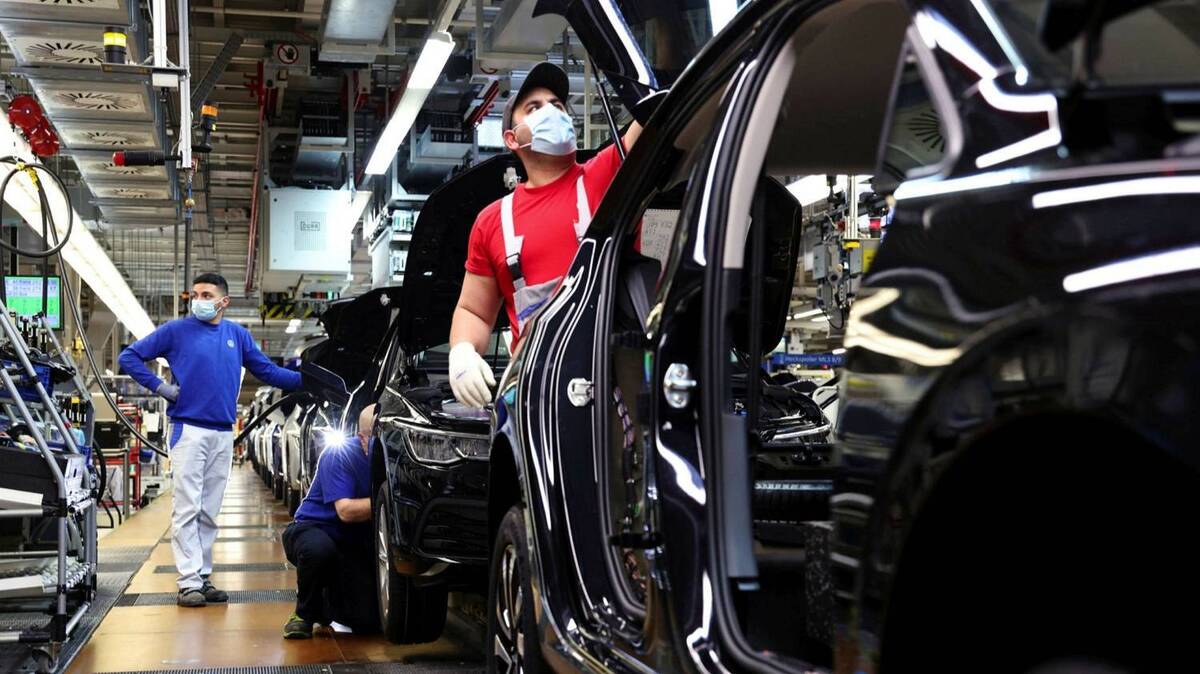Study: German Automotive Suppliers Lose Global Market Share

"In an international comparison, German suppliers are lagging behind," the study found. Since 2019, German suppliers have lost 2.7 percentage points of their global market share, "as much as they had previously managed to gain with some difficulty in 20 years."
On a global level, revenues of large automotive suppliers increased by 20 percent year-on-year in 2022, "rebounding from the crisis years and getting back on track," the study said. However, margins were slightly lower because the industry was not able to fully pass on inflation-driven cost increases to carmakers.
An increasing number of Asian suppliers have entered the market in recent years. "With enormous innovation and investment advantages in the field of electromobility, they are putting pressure on the previous top suppliers and are increasingly gaining top positions in the ranking of the suppliers with the highest sales," the study found.
Two South Korean battery manufacturers made it into the top 30 straight away. The top rank was held by German engineering and technology company Bosch. Chinese battery manufacturer CATL came in second place in the ranking of top suppliers, ahead of Japanese suppliers Denso and Hyundai Mobis.
"In order to be economically competitive, the supplier industry has always depended on size and economies of scale," Henning Rennert, author of the study and partner at Strategy& Germany, said. "Asian suppliers are best at both of these in the current transformation phase."
With a research and development volume of 15.9 billion euros (17.3 billion U.S. dollars) in 2022, German suppliers are still investing the most, according to the study.
"To ensure that these investments bear fruit, however, they should gear their technology development even more closely to market needs and the competitive situation, rather than chasing after trends that have long since been set, as in the battery business," Rennert said.
4155/v





















